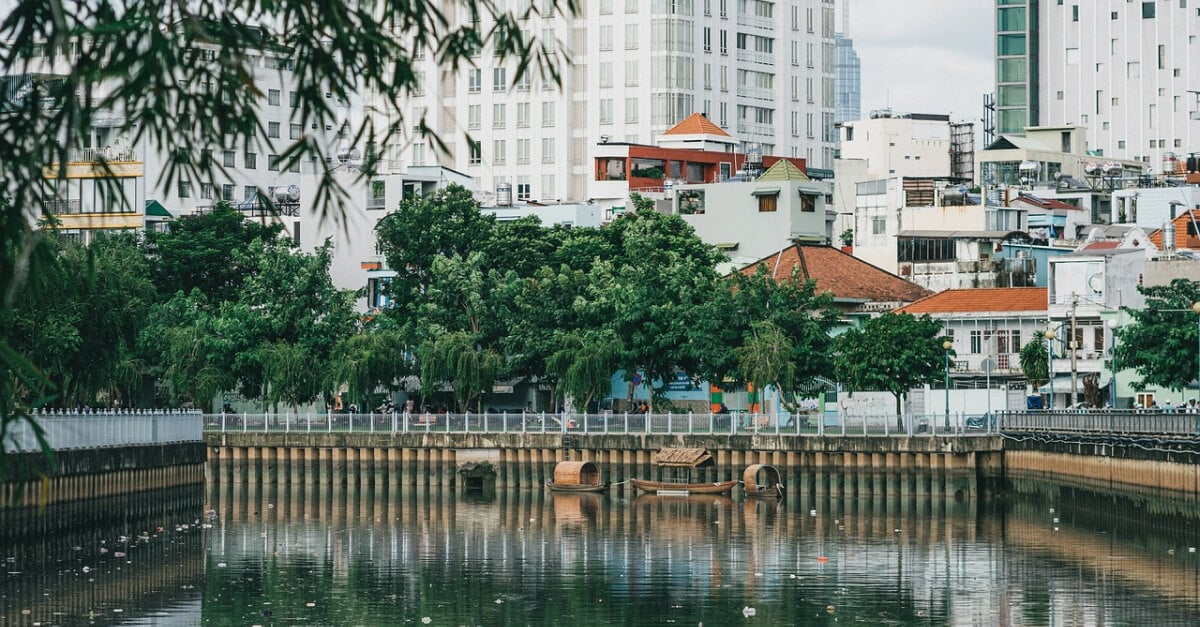Hyundai Motorstudio Senayan Park
Hyundai Motorstudio Senayan Park
Newsroom
The official news from Hyundai Motorstudio Senayan Park and a collection of innovative articles on mobility and sustainability here.
-
10 Ways to Conserve Natural Resources
- Hyundai Motorstudio Senayan Park Senayan Park 2022.10.11
-
We may often ask, how to conserve natural resources ? Because, as is known, many industrial and human activities destroy natural resources.
On earth, examples of natural resources are sunlight, water, soil, coal, minerals, and various forms of natural energy. So, it is very important to understand how to conserve natural resources. Why is that?
Because humans rely heavily on natural resources to survive. Think about it, what if the air we breathe is polluted by vehicle fumes or industrial gases? Of course, humanity and living things will be threatened with extinction.
That is why we must take steps and ways to conserve natural resources. By understanding how to conserve natural resources, we can reduce carbon emissions and prevent global warming. Let's look at the following list of steps to conserve natural resources!
How to Conserve Natural Resources
Below is a simple way to conserve natural resources. Good, at home, at school, at work, and a sustainable lifestyle.
1. Planting trees to prevent soil erosion
Soil erosion can be caused by water flow and strong winds. For that, we need to plant trees and vegetation to maintain the balance of the ecological system.
Trees also provide habitat for birds, insects, and other symbiotic plants. Reforestation can help conserve natural resources, wildlife, and the continuity of vegetation to prevent soil erosion.
2. Using renewable energy sources
Alternative energy sources or renewable energy sources are more environmentally friendly. Therefore, it is very supportive of programs or ways to conserve natural resources. Renewable energy sources do not produce harmful carbon emissions that damage the environment.
Examples of renewable energy sources such as solar energy are better than fossil fuels. In addition, it is more cost-effective and in abundance.
3. Planting trees in water catchment areas
A water catchment area is an area that is a source of water. Thus, clear and clean water will flow into rivers, seas, and oceans. If trees are planted in water catchment areas, they can encourage water absorption into the soil layer. This forms a groundwater aquifer that provides a source of clear and clean water for the community.
4. Save water at home
Apparently, trivial things like tightening tap water when not in use really help save water. For example, turn off the water tap when brushing your teeth or using soap. Because, flowing water will only be in vain because it is not used to wash the body.
Water savings can also be done by using a water faucet sensor, as well as collecting rainwater to water plants in the yard.
5. Catching rainwater
Another way to conserve natural resources that can be tried is to collect rainwater during the rainy season. Rainwater can be used during the dry season to minimize the use of water directly from springs which may be limited.
Rainwater can be used for agricultural irrigation or watering the garden in the yard.
6. Prevent poaching
The practice of poaching causes many deaths of endangered and protected animals. In turn, making many animals threatened with extinction. For example tigers, leopards, rhinos, elephants, and so on. Rare animals are hunted for their horns, tusks and skins which are sold on the illegal market.
Poaching is a significant threat to our biodiversity as it is slowly causing the extinction of many protected animals.
7. Oil transportation using a piping system
The case of oil leakage on the high seas is a very difficult problem to solve. If the oil is mixed with sea water, it will be swallowed by fish, turtles, birds and other marine animals.
Usually, oil leaks result from transporting oil by ship. Not infrequently, oil spills cause coral reefs, fish, and many species to die. For this reason, the piping system can be chosen as a safe and efficient way to conserve natural resources instead of using ships.
8. Treating industrial waste and waste
It is undeniable, industry contributes greatly in the production of waste that damages the ecosystem. The release of waste also causes water pollution, soil pollution, and air pollution worldwide.
Therefore, industrial waste and waste from human activities must be processed before being disposed of so as not to cause environmental pollution.
9. Save energy at home
Ways to preserve natural resources also need to start from the household environment. From simple habits and sustainable lifestyles. For example, turning off lights or fans, and AC when not in use.
You also need to unplug electrical equipment that is not in use so that it does not continue to consume electricity.
In addition, LED bulbs require significantly less wattage than standard bulbs. So, if possible, you can switch to LED lights to help save resources.
10. Making compost
Composting is a great way to conserve natural resources for managing kitchen waste and food waste. For example, fruit skins, rotten vegetables, leftover spices, food scraps, and others.
Leftover food waste that has decomposed can be processed into compost soil that fertilizes plants. Composted soil enriches and adds plant nutrients, reduces soil erosion, and prevents pests and diseases
Composting also attracts beneficial organisms such as butterflies or beetles, so plants are more fertile and grow faster without chemicals or pesticides.
Actually, there are many ways that can be done so that natural resources remain sustainable in addition to the steps above. Soil, water, air, and atmosphere must be protected for cleanliness and sustainability, because they are a place to live for all living things on earth. Hopefully this article can add to our insight on how to conserve natural resources.




